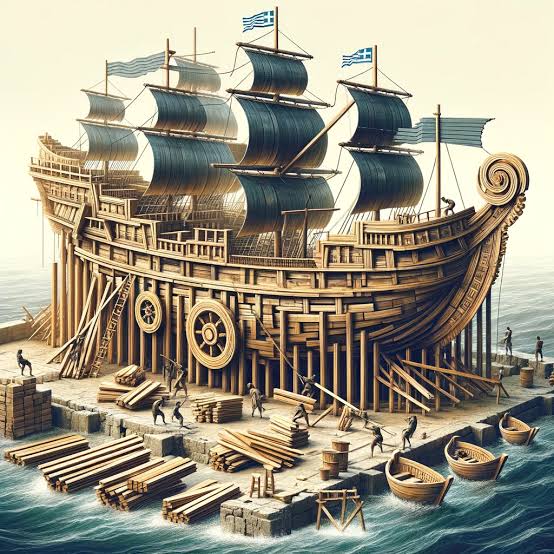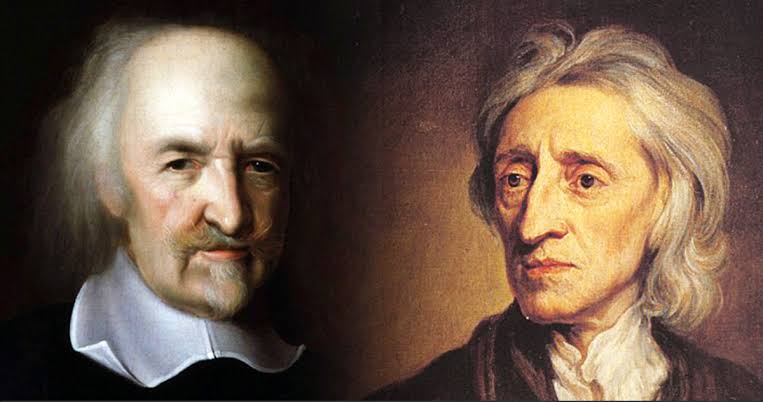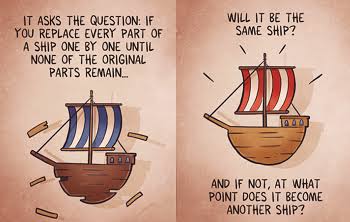Exploring the Ship of Theseus: A Philosophical Thought Experiment
The Ship of Theseus is a fascinating and thought-provoking philosophical concept that has puzzled scholars and thinkers for centuries. Originating from ancient Greece, this paradoxical experiment challenges our understanding of identity, continuity, and change. In this article, we will delve into the intricacies of the Ship of Theseus, examining its historical roots, modern interpretations, and philosophical implications.
The Origin of the Ship of Theseus
The Ship of Theseus is named after the legendary Athenian hero Theseus, who, according to Greek mythology, sailed to Crete to slay the Minotaur. Upon returning to Athens, his ship was preserved by the Athenians as a symbol of his heroic journey. Over time, however, the wooden planks of the ship began to decay and were replaced one by one by the Athenians to maintain its appearance.
The Paradox Unveiled
The paradox of the Ship of Theseus arises from a simple question: If all the original parts of the ship have been replaced, is it still the same ship? This seemingly straightforward inquiry leads to a myriad of complex philosophical debates regarding identity and change.
.jpeg)
source
To illustrate the paradox further, consider the following scenario: Suppose every wooden plank of the Ship of Theseus is gradually replaced with new ones over time. Eventually, every single part of the ship has been replaced with new material. Is the resulting ship still the same Ship of Theseus?
Interpreting the Paradox
Historical Interpretations
Ancient philosophers such as Plutarch and Heraclitus grappled with similar questions of identity and change. Plutarch, in his "Life of Theseus," raises the paradox of whether the ship preserved by the Athenians is still the same ship after undergoing numerous repairs and replacements. Heraclitus, known for his philosophy of flux and change, would likely argue that the Ship of Theseus is in a constant state of flux and transformation, reflecting the ever-changing nature of existence.
Modern Perspectives
In modern philosophy, the Ship of Theseus has been a subject of fascination and debate among scholars and thinkers. Some philosophers, such as Thomas Hobbes and John Locke, address the paradox through their theories of personal identity. Hobbes suggests that identity is defined by continuity of consciousness, while Locke proposes that identity is based on the continuity of psychological states.
.jpeg) source
sourcePhilosophical Implications
The Ship of Theseus raises profound questions about the nature of identity, change, and persistence. It challenges our intuitions about what it means for an object to remain the same over time and forces us to reconsider our notions of permanence and impermanence.
Quotes on the Ship of Theseus
"The Ship wherein Theseus and the youth of Athens returned had thirty oars, and was preserved by the Athenians down even to the time of Demetrius Phalereus, for they took away the old planks as they decayed, putting in new and stronger timber in their place..." - Plutarch
"No man ever steps in the same river twice, for it's not the same river and he's not the same man." - Heraclitus
"Can the same ship that has been restored by replacing all its parts still be considered the same ship?" - Thomas Hobbes
"Identity consists not in the diversity of substance, but in the diversity of consciousness." - John Locke
Conclusion
The Ship of Theseus is not merely a thought experiment; it is a philosophical journey that challenges us to contemplate the nature of existence and the essence of identity. As we navigate through the paradox, we come to realize that the answers may lie not in definitive conclusions but in the exploration of deeper questions and the appreciation of the complexities of human thought.
In the words of philosopher Ludwig Wittgenstein, "The riddle does not exist. If a question can be put at all, then it can also be answered." Perhaps, in the case of the Ship of Theseus, the true value lies not in finding a definitive answer but in the journey of inquiry and contemplation.
.jpeg) source
source
This philosophical debate is still unsettled, and this is the beauty of philosophy that some concepts are left open to debates. Nothing remains the same, and we are in constant flux as Heraclitus says, " all things move and nothing remains still”. However, one needs to understand that living things can not be compared with non-living things . This is what John Lock argues that objects likeshipsp are different to humanbeingsg .